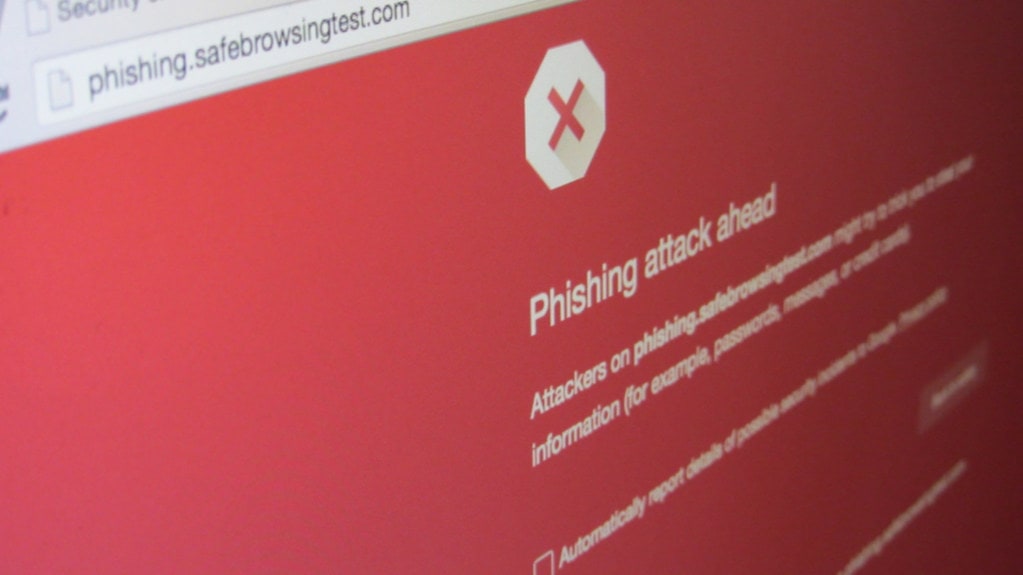Posted on June 26, 2022 at 11:34 AM
Ukraine Partners Radware To Defend Against Russian DDoS Attacks
The ongoing war between Russia and Ukraine has taken different dimensions, as both nations’ cyber warriors try to outwit each other in cyberspace. Cybersecurity provider Radware announced that its Cloud DDoS Protection firewall (WAF) has been deployed by Ukraine’s Communications and Information Protection (SSSCIP) service to defend itself against Russia’s cyber onslaught.
Ukraine’s SSSCIP protects the country’s state information resources. The organization will now use Radware’s services to protect against zero-day DDoS and known DDoS application attacks.
The deputy chief of Ukraine’s SSSCIP, Victor Zhora, stated that protecting the IT infrastructure in Ukraine is a major priority. He added that Radware will come in to offer protection to applications and networks, as well as strengthen the resilience of its IT infrastructure.
DDoS Threats Increase In The Cyber Space
The collaboration shows that application and DDoS-level attacks remain the biggest threats facing modern organizations. Apart from being heavily used in the ongoing Russia-Ukraine war, DDoS attacks also have serious implications in the entire cyberspace.
The announcement comes when Ukraine is facing high volumes of cyber attacks as part of the ongoing war. The online attack began with several DDoS attacks from Russian-state-sponsored threat actors. The partnership with Radware will enable the organization to use the service to strengthen Ukraine’s defense of its IT territory and cloud services, which have come under severe threats.
Radware’s Chief Business Officer, Yoav, stated that SSSCIP is deploying the right protection strength that can withstand and wage against threat actors mainly backed by the Russian government. He added that some of these threats are coming from state actors while others originate from hacker groups. Yoav said the security framework will strengthen the defensive architecture of Ukraine’s system.
Defense Against Nation-State Attacks
The level of attacks in cyberspace has increased drastically since Russia invaded Ukraine. There have been attacks and counter-attacks from both Russia and Ukraine, but the Ukrainian government is looking to beef up its defense systems to withstand the continuous onslaught.
Russia is traditionally known as a powerhouse when it comes to cyber threats. But its invasion of Ukraine has drawn several sympathizers and hacktivists closer to Ukraine. As Russia keeps launching DDoS attacks on Ukrainian systems, several hacktivists have also joined the war by attacking Russian entities.
When it comes to defending against advanced attacks, the solution must not be based on negative and traditional security models. It must use a machine learning approach for automatic detection in mitigation of complex attacks in real-time, Gazzele highlighted.
Today, organizations in the cybersecurity space are facing a serious talent shortage, which makes prioritizing automation more important. Gazelle noted that organizations should not depend on solutions that require manual signature creation and configuration. It pointed out that automation is now a necessity for more safety.
Recommendations For Mitigating DDoS Attacks
Security researchers have highlighted some of the important steps to follow when organizations are mitigating DDoS attacks. Gazelle stated that enterprises deploying protections should consider providers that can prevent both low-volume micro floods and volumetric attacks. They should also be protecting against encrypted attacks, burst attacks, and micro floods attacks that are designed to bypass their defenses.
A recent study put the average cost of DDoS attacks on organizations in the US to be $218,000. When organizations put this into consideration, they have no option but to spend enough to boost their security. But several organizations have moderate confidence in preventing a DDoS attack. While many of them may have tools to reduce the impact of the attack, preventing the attack entirely is a different thing. More organizations have started investing in Application and DDoS protection solutions.
Today, both application security and DDoS protection markets are growing rapidly, with the former expected to reach $13.2 billion by 2025, while the latter is expected to grow to $6.7 billion by 2026.
As a key DDoS security provider in the industry, Radware is benefiting from the growth. The company hit $286.5 million in revenue last year. However, there are other major competitors too. Cloudflare is seen as a more popular option, as the company offers DDoS protection services that include applications and website security.
Although Cloudflare has collected several awards in the cybersecurity space, Radware is closely coming behind with several partnerships with governments. The latest partnership with Ukraine will boost the country’s resolve to fight DDoS attacks from Russian-based threat actors as the war goes on.










